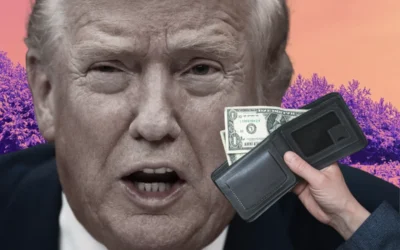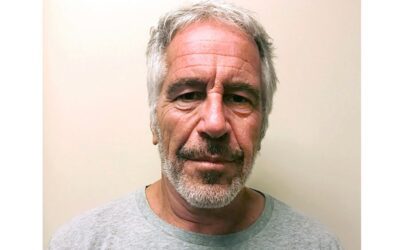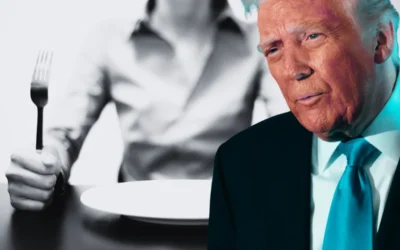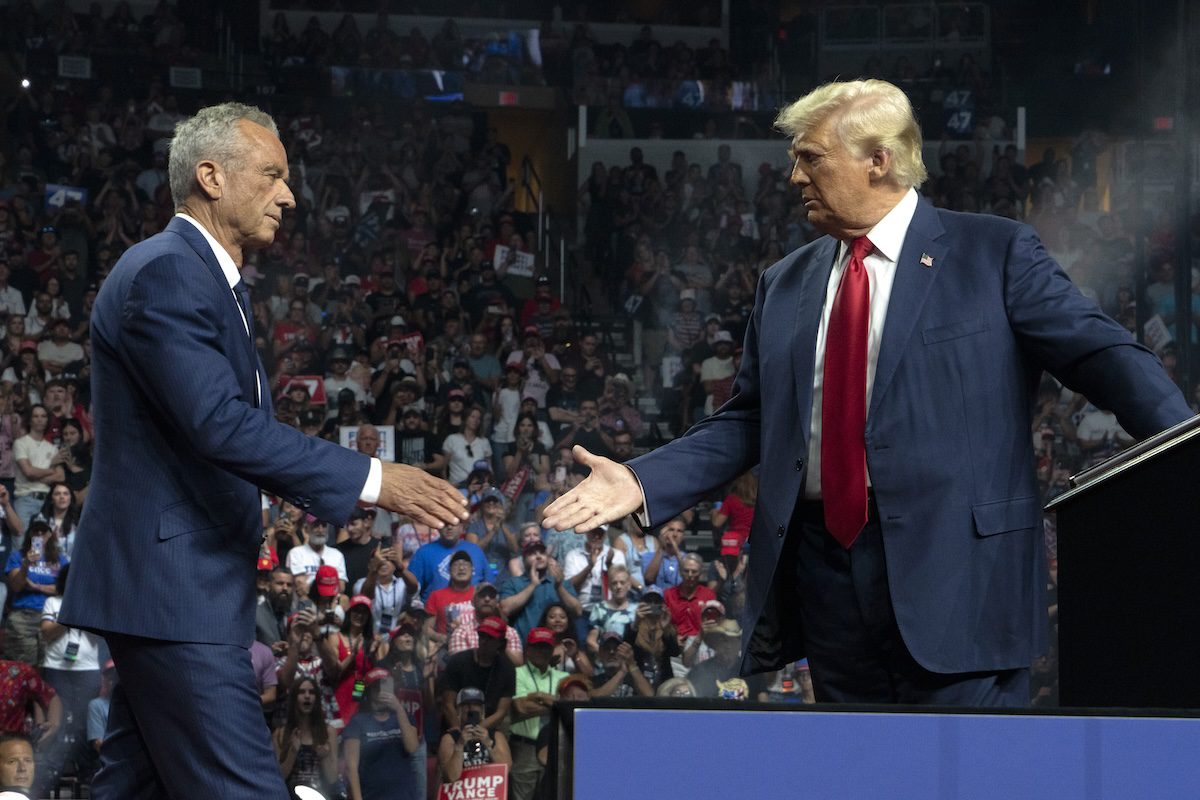
Former presidential candidate Robert F. Kennedy Jr. and Republican presidential nominee, former U.S. President Donald Trump shake hands during a campaign rally at Desert Diamond Arena on August 23, 2024 in Glendale, Arizona. (Photo by Rebecca Noble/Getty Images)
The MAHA movement appears on social media to be a real campaign for a healthier country. But can you believe the hype? We’ve unpacked Donald Trump’s new pivot into wellness, including who it’s aimed at, and who stands to benefit from it.
What’s MAHA?
Similar to another acronym you’re probably already familiar with, MAHA stands for Make America Healthy Again. According to the campaign’s website, its purpose is to “dismantle the corporate stranglehold on our government agencies that has led to widespread chronic disease, environmental degradation, and rampant public distrust.”
The idea might sound appealing to many Americans—in fact, 82% of US consumers consider wellness a top or important priority in their everyday lives, 76% say wellness is more important than ever, and 58% say they’re prioritizing wellness more now than they did just one year ago.
That’s a lot of people united around a single idea—and a lot of potential votes, too.
But in reality, MAHA is something of a wolf in sheep’s clothing that aims to dismantle public health agencies, promote unproven treatments and alternative therapies, disregard scientific consensus, oversimplify complex health issues, and get rid of crucial aspects of public health—like expanded access to care and addressing health disparities.
“They’re pushing towards an ecosystem where there’s less protection, safety, oversight and regulation,” Danielle Shine, an Australian registered dietitian and nutritionist who studies nutrition misinformation, told Mother Jones. “They’re not talking about the things that do matter, like getting more Americans insured.”
More importantly, the “movement” is led by a man who’s spent years spreading lies about vaccine safety, claimed antidepressants cause school shootings, stated COVID-19 was a racially targeted bioweapon, and believes WiFi causes cancer and that chemicals in drinking water are making kids transgender.
Who’s Behind MAHA?
In late August, Robert F. Kennedy, Jr., suspended his campaign for president and endorsed Republican Donald Trump. Then, in early September, Kennedy staffers launched the MAHA Alliance Super PAC—a committee capable of raising unlimited sums of money to help elect a candidate.
The PAC is targeting the 2-5% of undecided voters in US swing states, using ad campaigns, voter mobilization efforts, and social media algorithms to spread a palate-cleansing message about health, not politics, delivered by Kennedy—a recently Independent politician who switched teams when it became clear he didn’t have a shot at the Democratic nomination.
In exchange for convincing these voters to turn out for Trump, Kennedy has said that Trump promised him a top job in his administration if he wins.
What kind of top job? Kennedy noted that Trump promised to allow him to control the Department of Health and Human Services—which oversees the Centers for Disease Control and Prevention, the Food and Drug Administration, and the National Institutes of Health—the Department of Agriculture—which is responsible for federal laws related to farming, forestry, rural economic development, and food—and potentially the Federal Communications Commission—which deals with some public health concerns.
According to The Hill, Trump told supporters at a Madison Square Garden rally last weekend: “I’m going to let him go wild on health. I’m going to let him go wild on the food. I’m going to let him go wild on the medicines.”
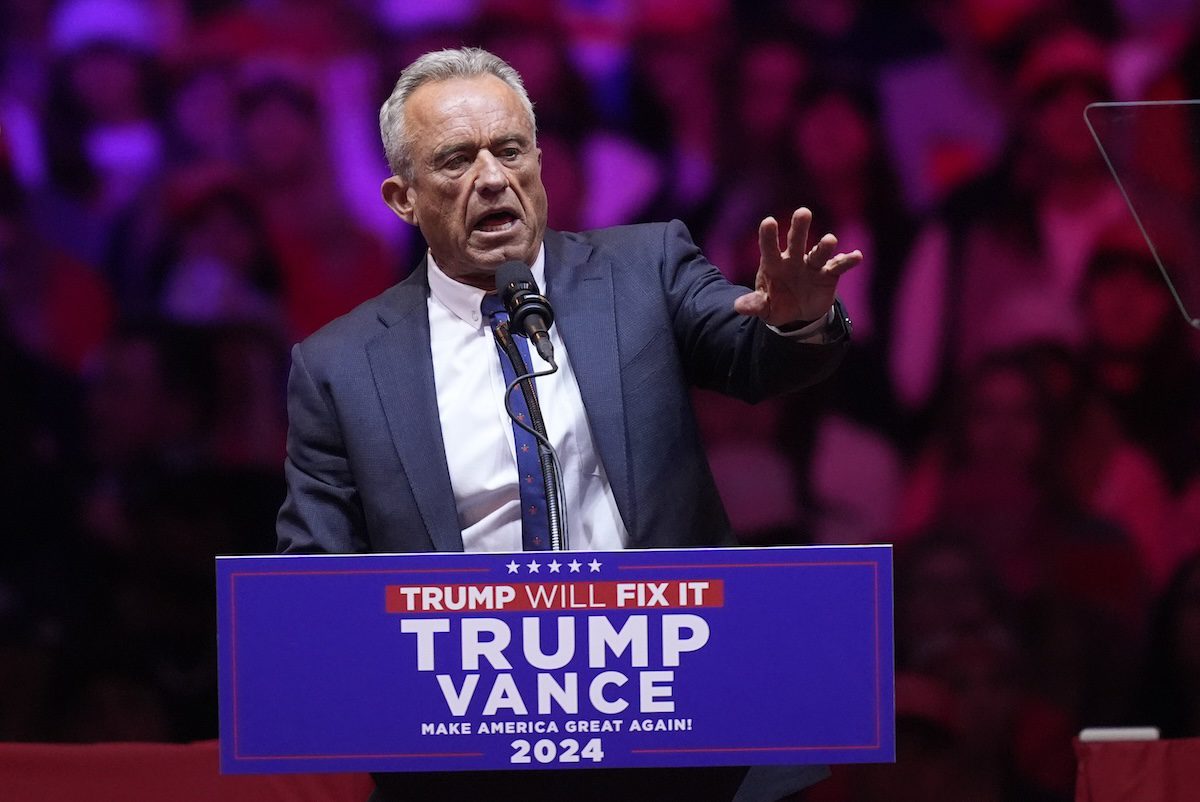
Robert F. Kennedy Jr., speaks before Republican presidential nominee former President Donald Trump at a campaign rally at Madison Square Garden, Sunday, Oct. 27, 2024, in New York. (AP Photo/Evan Vucci)
Could Trump and RFK Really MAHA?
Trump, 78, has a well-documented love for fast food, scoffs at working out, and refuses to release his medical records. What’s more, recent polls show that Americans who have seen the former president speaking over the past month are concerned about his health and age.
While he’s promising to MAHA now, during his first term in the White House, Trump regularly took actions to undermine public health and the environment, such as:
- Relaxing school nutrition standards and reversing bans on certain pesticides linked to neurological problems in children,
- Making concerted efforts to repeal the Affordable Care Act, which would have left millions without health insurance, and
- Rolling back environmental and workplace protections, resulting in an estimated 22,000 excess deaths from such hazards in 2019 alone.
Trump’s policies primarily favored deregulation of polluting industries, and gave corporations more leeway. The administration:
- Rolled back nearly 100 environmental rules and regulations,
- Weakened Obama-era limits on carbon dioxide emissions from power plants and vehicles,
- Removed protections from more than half of the nation’s wetlands,
- Opened up more federal land for oil and gas leasing, and
- Weakened or eliminated consumer protection regulations across industries.
Meanwhile, Kennedy, 70, said a worm got into his brain, ate a portion of it, and died.
MAHA: A Political Ploy to Capture Younger People
To connect with the overwhelming number of Americans eager for a healthier lifestyle, Trump has begun using SEO-friendly keywords popular on health and wellness websites—like a pledge that, as president, he’d help us cleanse toxins from our bodies, and would rely on independent thinkers to make decisions about the origins of chronic illness.
While nutrition experts and advocates have long called for vital public health reforms to address chronic illness, some say they have little faith another Trump administration would actually aim to help Americans live healthier.
“I have no reason to think that any of that will happen because it didn’t happen when he was president,” Marion Nestle, retired professor of nutrition, food studies and public health at New York University, told the Washington Post. “He made things worse.”
Instead, MAHA appears to be a trade deal between Kennedy, who wants a position of power, and Trump, who wants Kennedy’s followers, many of whom are generally younger and include more women than men. They tend to be “anti-vaxxers,” and, critically, a large portion of them are currently undecided voters.
With 41 million Gen Z Americans able to vote in this election, courting the youth vote is important to any candidate. But with celebrities like Taylor Swift and Beyoncé supporting Kamala Harris, Trump’s team is scrambling for footing with the younger set. They’re also seeing major blowback from female voters, who are by and large fed up with the harmful and more-dangerous-by-the-day bans on their reproductive rights.
Meanwhile, 59% of women say they’re “regularly getting news information from Instagram in 2024,” a report from the Institute for Strategic Dialogue found. The report goes on to raise the alarm that popular health conscious influencer accounts are helping steer users toward right-wing extremism.
It’s perhaps no wonder that MAHA has invested in a huge digital media campaign centered on health and wellness.

Abdul El-Sayed releases plan to rein in data center expansion in Michigan
The Democratic US Senate candidate is laying out new rules of the road for data centers—including no rate hikes and water safeguards—as dozens of...
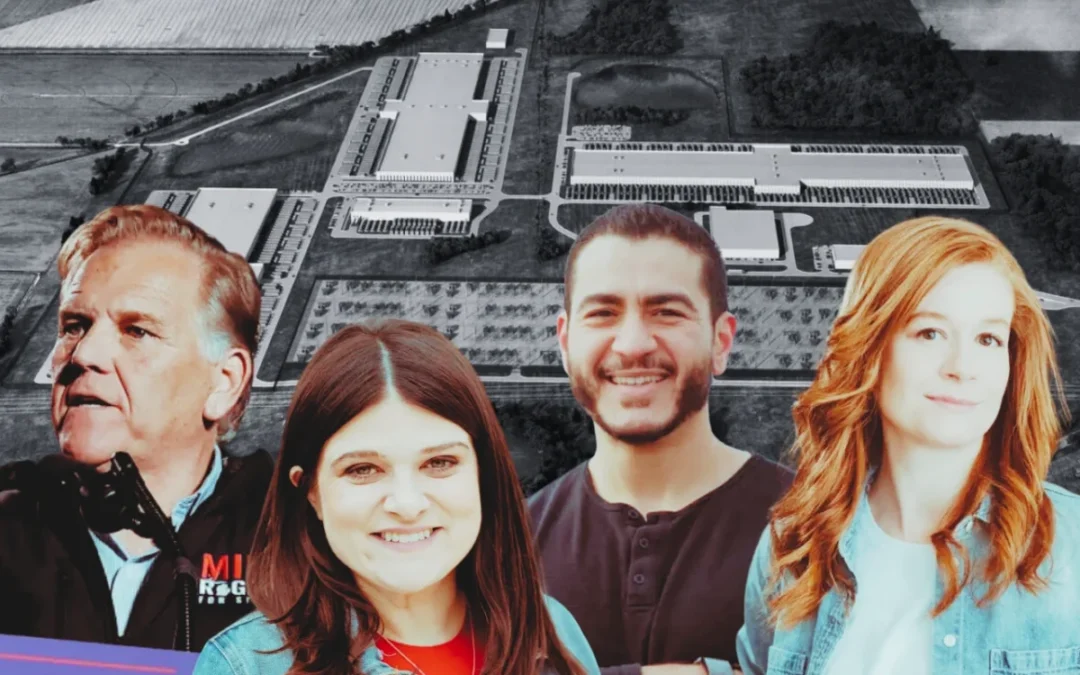
Michigan’s US Senate candidates weigh in on data centers and AI
We asked Michigan’s US Senate candidates about data centers and AI. Here’s what they said—in their own words. MICHIGAN—As massive data centers and...
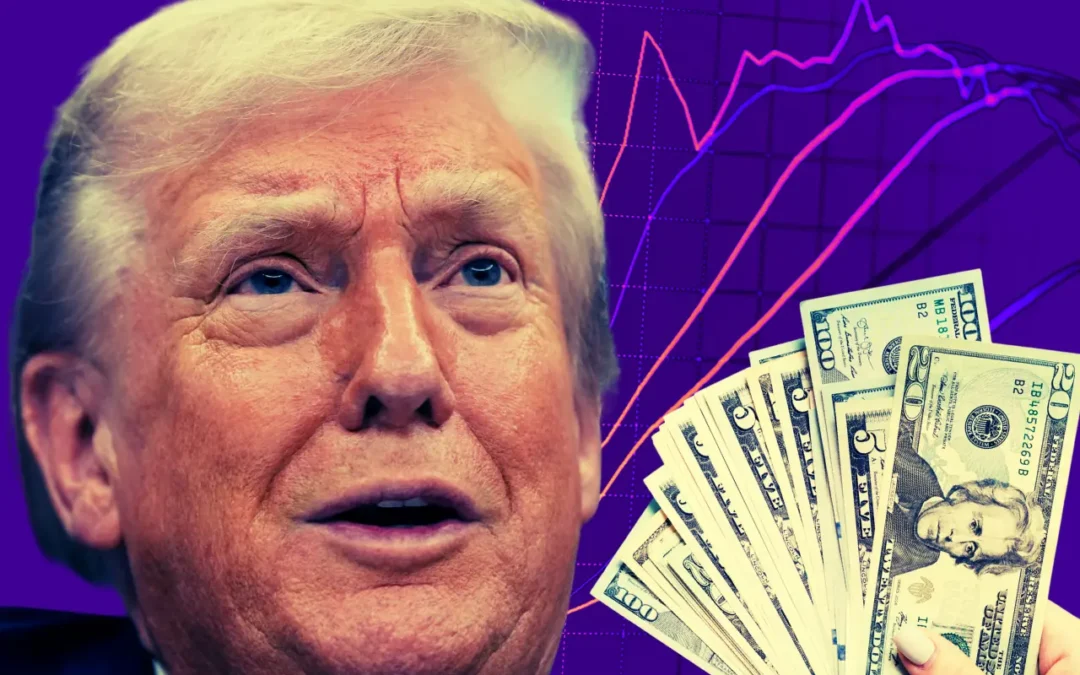
Republicans vote to jack up health care costs for hundreds of thousands of Michiganders
Senate Republicans blocked an extension of Affordable Care Act tax credits, setting up massive premium hikes and coverage losses for families across...
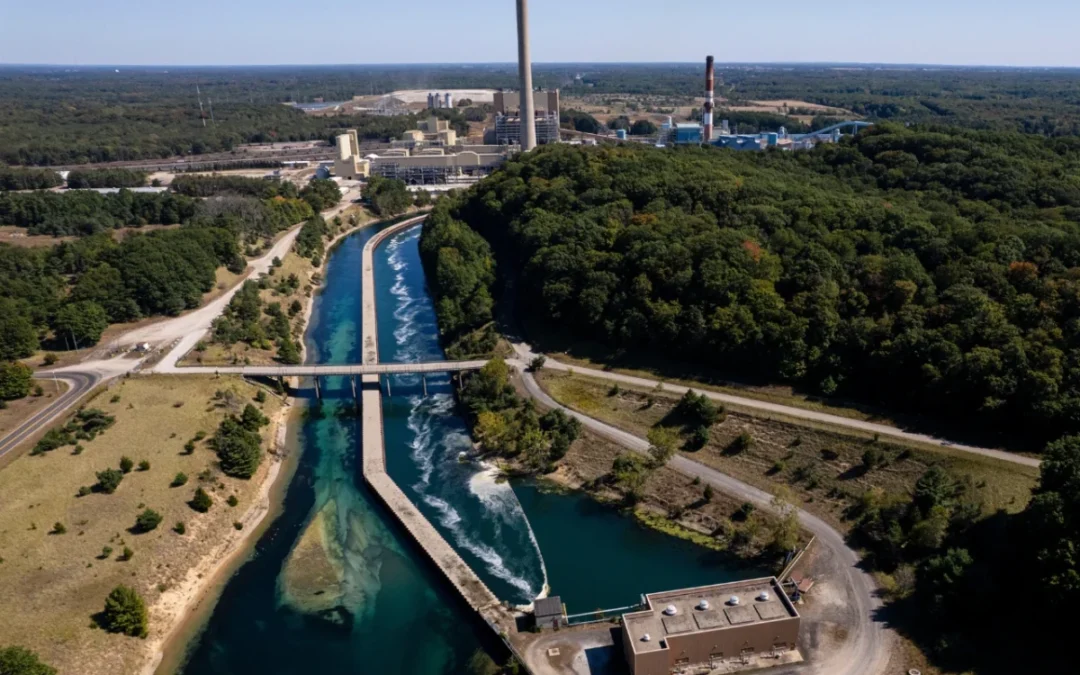
Trump administration extends order keeping Michigan coal online past closure date
MICHIGAN—The Trump administration has once again extended the life of a Michigan coal-fired power plant that was supposed to close last May as the...
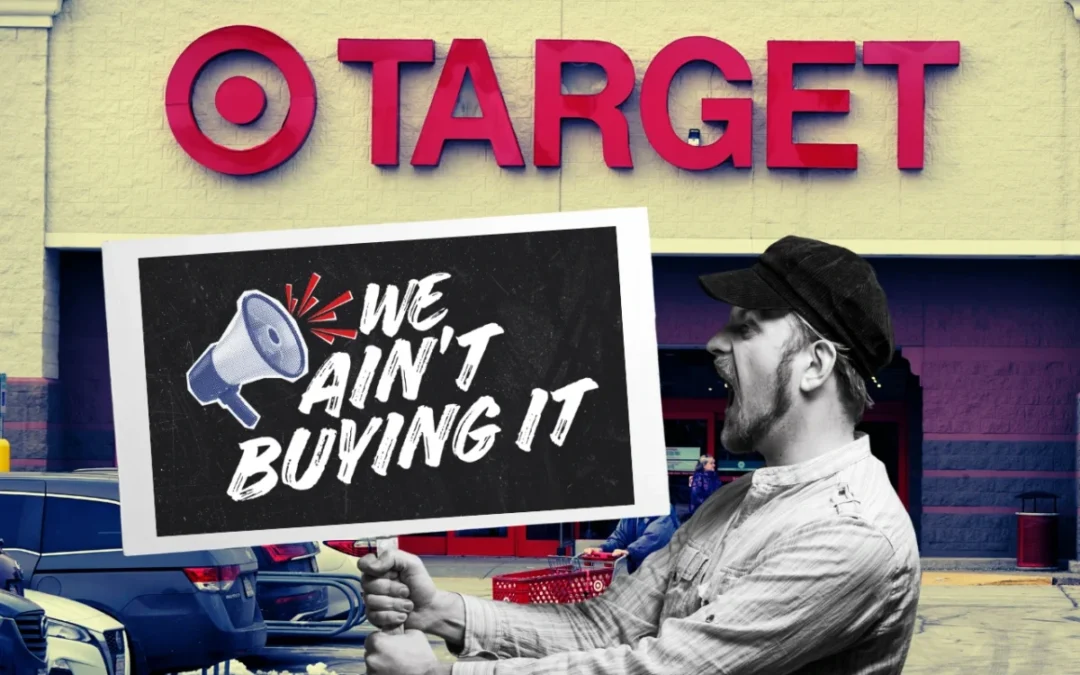
Why some Michiganders are boycotting Target, Home Depot, and Amazon on Black Friday
The nationwide “We Ain’t Buyin’ It” campaign is asking Americans to stop shopping at Amazon, Home Depot, and Target for five days—from Thanksgiving...


